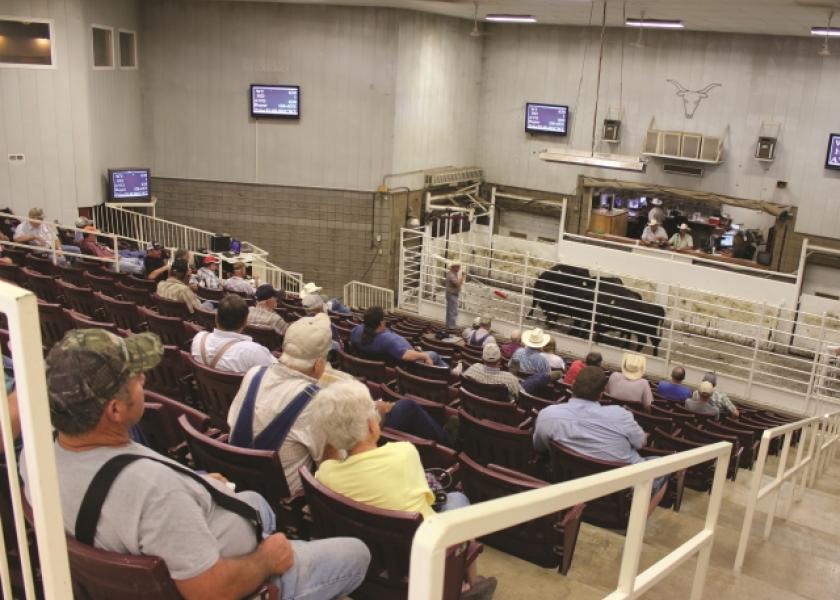Producer Comments Needed for USDA Study on Cattle Payment Protection

USDA wants to hear from the livestock industry regarding potential changes to priority in livestock dealer default situations. The comment period is open through June 24.
While most people agree producers should be entitled to repossess livestock they sold and have not been paid for, too many sellers have learned the hard way that is not usually allowed under current law. Often times, when a dealer fails to pay, that dealer’s bank takes first priority in the cattle. The Eastern Livestock default in 2010 is the best-known example of this. Eastern owed approximately $112 million to creditors, and many sellers of livestock received less than 5 cents on the dollar from Eastern.
In the 2018 Farm Bill, Congress directed USDA to conduct a feasibility study on Dealer Statutory Trust, which has been proposed by members of congress to improve seller recovery. As a part of the study, USDA is seeking public comments.
A Dealer Trust would give unpaid sellers of livestock first priority to reclaim livestock. If the livestock are resold, to a feedyard for example, the buyer would still take clear title of the livestock as they do today. In this situation, the money the feedyard paid the dealer would be the trust assets held for the unpaid seller.
Modeled after the existing Packer Statutory Trust, a Dealer Trust would provide recovery in addition to the current USDA required bonds, which average a return on claims of only 5-15 cents on the dollar. A Dealer Trust would not create a separate pool of funds or mandate changes in day-to-day business.
LMA supports a Dealer Trust and encourages the whole livestock industry to participate in the USDA comment period. Producers selling through a livestock auction market are paid for their consignments through the market’s federally required custodial account regardless of if the market receives payment from the buyer. When there is a default in these situations, instead of making a small commission for their selling services, the market ends up like the ranchers who sold to the defaulting dealer directly: unpaid for the full price of the cattle.
Other organizations that support Dealer Trust, giving unpaid sellers priority in livestock and related proceeds/receivables, include National Cattlemen’s Beef Association (NCBA), American Farm Bureau Federation (AFBF), United States Cattlemen’s Association (USCA), American Sheep Industry (ASI), and numerous state producer groups.
To learn more, visit https://lmaweb.com/policy/. To submit a comment to USDA by June 24, go to https://www.regulations.gov/document?D=AMS-FTPP-19-0037-0001.







